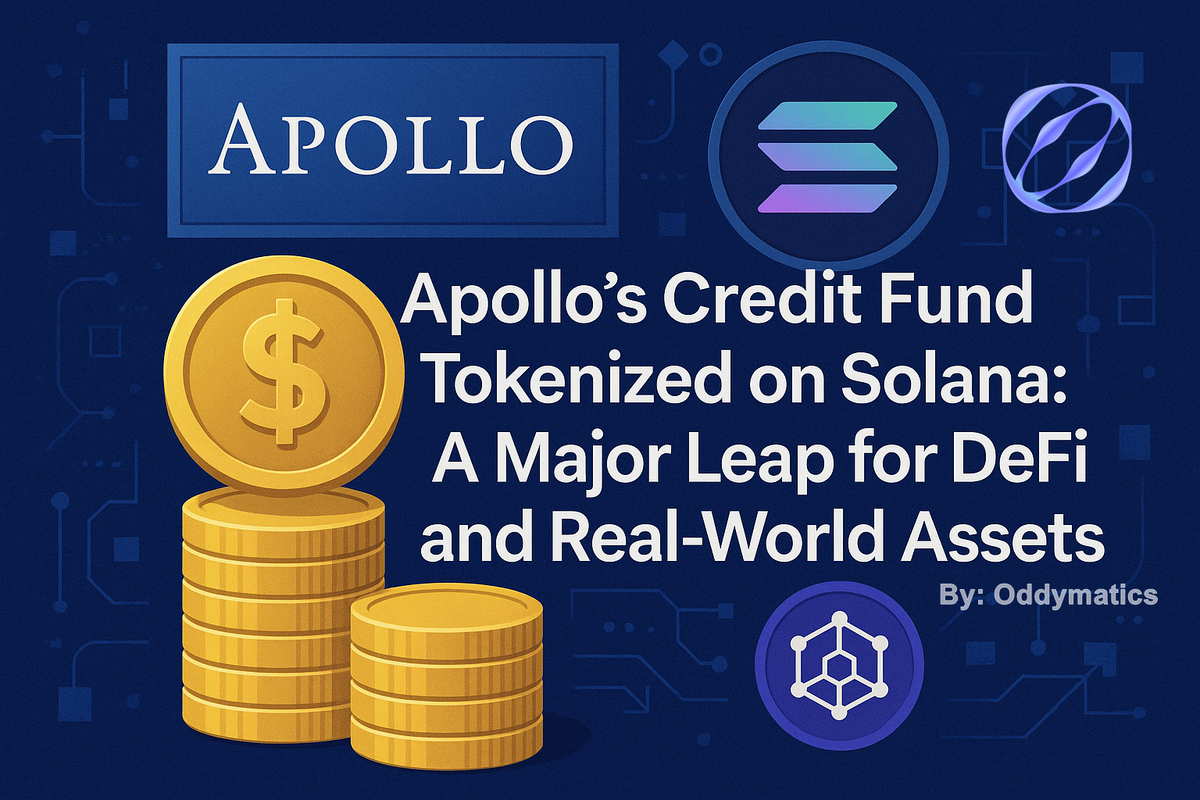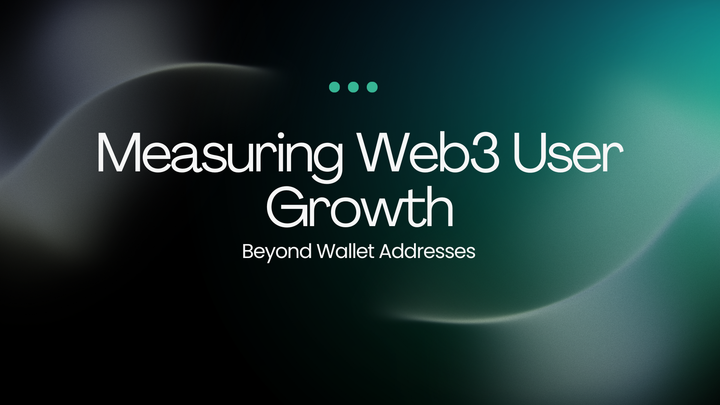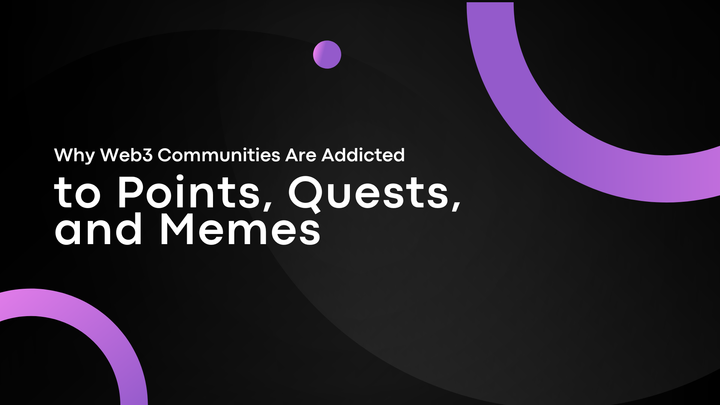Apollo’s Credit Fund Tokenized on Solana: A Major Leap for DeFi and Real-World Assets

In a landmark move that further blurs the lines between traditional finance and decentralized finance (DeFi), Apollo Global Management has tokenized part of its credit fund on the Solana blockchain. This development signals a seismic shift not only for DeFi but also for the broader adoption of tokenized real-world assets (RWAs), ushering in a new era of on-chain finance that is faster, more accessible, and inherently more transparent.
The Dawn of On-Chain Institutional Credit
Apollo, a titan in the global investment landscape with over $500 billion in assets under management, has long been known for its innovation in private credit and alternative assets. In 2025, it took a pioneering step by collaborating with crypto-native infrastructure to tokenize a portion of its credit offerings on Solana, a high-performance Layer 1 blockchain.
The credit fund, which provides yield from private credit deals to institutional and accredited investors, has been turned into a tokenized instrument, allowing real-world debt obligations to be represented digitally on-chain. This marks one of the most significant endorsements yet of blockchain’s potential to transform capital markets.
Why Solana?
Solana’s appeal lies in its unmatched scalability, low transaction fees, and high throughput, capable of handling thousands of transactions per second with finality times under a second. These performance metrics are critical for financial applications that demand efficiency, reliability, and cost-effectiveness.
Furthermore, Solana’s composable ecosystem allows DeFi protocols, RWA platforms, and institutional players to integrate seamlessly. With a vibrant on-chain economy already handling millions of daily transactions, Solana offers a fertile ground for the deployment of tokenized funds, ensuring liquidity and interoperability with DeFi primitives.
Tokenized Credit: A New Asset Class in DeFi
Apollo’s tokenized credit product is more than a digitized wrapper around existing assets. It represents a modular, programmable, and composable financial primitive that can plug into DeFi protocols for use as collateral, yield-bearing instruments, or part of liquidity pools.
Here’s how it changes the game:
1. Access and Liquidity
Traditionally, private credit markets are opaque, illiquid, and accessible only to institutional investors. Tokenization democratizes access by enabling fractional ownership and 24/7 secondary trading on decentralized exchanges or permissioned marketplaces.
2. Transparency and Auditability
On-chain representation ensures that key data, from issuance to redemption, from cash flows to compliance, is immutable and verifiable. Apollo’s use of Solana’s blockchain offers investors an unprecedented level of transparency into the performance and risk profile of credit products.
3. Composability in DeFi
Once tokenized, Apollo’s credit fund can be integrated into DeFi protocols like lending platforms, decentralized asset managers, or yield optimizers. These tokens can serve as on-chain collateral, be lent out, or used in structured products, opening new frontiers for capital efficiency.
Bridging Traditional Finance with DeFi Infrastructure
The tokenization of Apollo’s credit fund is not a standalone event but a broader signal of TradFi’s (traditional finance's) growing embrace of DeFi rails. Enabled by partners with expertise in blockchain-native structuring, custodianship, and compliance, the move reflects a growing realization: on-chain finance reduces operational friction, enhances global accessibility, and unlocks new monetization layers for asset managers.
Some of the key enablers of this initiative include:
- Smart contract-based compliance and KYC/AML layers, ensuring regulatory adherence while leveraging DeFi efficiency.
- Tokenization platforms that provide infrastructure for asset representation, legal enforceability, and investor management.
- On-chain oracles and attestation layers, such as Chainlink or Pyth, to offer real-time asset data and risk metrics.
A New Standard for Real-World Asset Tokenization
Apollo’s venture into tokenized credit on Solana could become a reference model for other asset managers considering tokenization. While real-world asset tokenization isn’t new, with early examples in real estate, treasuries, and commodities, this initiative is significant due to:
- Scale: Apollo operates one of the largest credit portfolios globally.
- Institutional trust: As a blue-chip name, Apollo’s endorsement lends credibility to DeFi and blockchain-based solutions.
- Technical maturity: Tokenization now benefits from years of protocol hardening, scalability improvements, and compliance frameworks.
In this model, tokenized funds could eventually become interoperable with stablecoin liquidity pools, RWAs collateralized lending, and even insurance or reinsurance protocols.
Implications for the DeFi Ecosystem
Apollo’s tokenization effort sends ripples throughout the DeFi landscape. Here’s what we can expect:
1. Institutional Influx
Institutional capital has long circled DeFi but hesitated due to unclear regulatory frameworks and operational risks. With a fund like Apollo’s going on-chain, the barrier is lowered. Expect an uptick in similar tokenized fund launches and increased participation in permissioned DeFi environments.
2. Expansion of On-Chain Yield
Yield in DeFi has been historically driven by crypto-native sources: staking, lending, liquidity provision. Tokenized RWAs like Apollo’s credit fund bring exogenous yield sources, potentially offering more stable, uncorrelated returns that appeal to both conservative and diversified investors.
3. Governance and DAO Evolution
As RWAs enter the ecosystem, governance frameworks may evolve. DAOs managing protocol risk will now have to incorporate models assessing private credit risk, macroeconomic factors, and repayment flows, blending traditional credit modeling with decentralized decision-making.
Challenges and Caveats
While Apollo’s move is monumental, several challenges persist in the RWA tokenization journey:
- Regulatory Uncertainty: Jurisdictions differ on how tokenized securities are treated. Navigating global compliance remains complex.
- Liquidity Fragmentation: Despite tokenization, liquidity for private credit assets remains thin unless secondary markets or aggregator protocols develop around them.
- Custody and Enforcement: Tokenizing assets is only as effective as the enforceability of the underlying contracts. Bridging legal agreements with smart contracts is still a developing field.
The Road Ahead: A Hybrid Financial Future
Apollo’s tokenization of credit on Solana is not just a single event, it’s a signal of the emerging hybrid financial future. A future where capital markets run 24/7, settlement is near-instant, and financial instruments are interoperable, composable, and programmable.
In this vision, banks, asset managers, and fintechs become active nodes in a decentralized financial network. Tokens represent real-world economic value from equity and debt to insurance and intellectual property, all accessible via wallets, governed by code, and orchestrated by global markets without intermediaries.
Conclusion
The tokenization of Apollo’s credit fund on Solana is more than just a bold experiment, it is a statement that DeFi is maturing and ready to host real capital, from real institutions, backed by real-world assets. It serves as a bridge between worlds that once seemed at odds: the fast-paced, permissionless world of DeFi and the deeply-rooted, regulation-heavy domain of traditional finance.
As more institutions follow suit, and infrastructure continues to evolve, the fusion of DeFi and RWAs could become the defining narrative of this financial decade. Apollo’s pioneering leap has set the tone and Solana, with its speed and scale, is poised to be the stage.



Comments ()